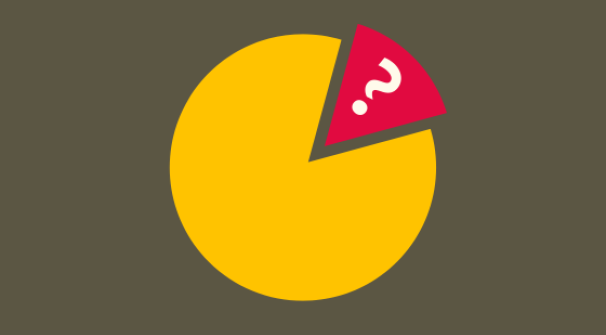As I write this, we are full into the swing of British summertime, that heady mixture of glorious sunshine and torrential downpours. Abundance is everywhere. Flowers are in bloom, birds are in song and lush, vibrant greenery forms the backdrop to our days.
The cycle of our seasons speaks of transformation and growth, struggle and rest, challenge and provision. Each year, autumn follows summer as spring follows winter.
Our culture, however, steeps us in the myth of perpetual winter. We have claimed the Narnian curse of ‘always winter,’ as our own. In winter, the landscape is barren and resources are scarce. Winter is the season of never enough. Never enough money; never enough influence or power; never enough affection or esteem. We are encouraged to live in a state of fear, always wondering; how will my needs get met? Do I make a difference? Who will notice me?
I fall into the story of scarcity so often. It sets me up to be in competition with others. More success or money for you means less for me. The more influential or powerful you are, the less it seems I can be. If you receive affection or praise it diminishes what’s left for me. My needs will only be met if I hoard, cling and grasp onto whatever I already have.
American author Parker Palmer, however, challenges the assumptions of scarcity-based thinking, arguing that ‘authentic abundance [lies in] belonging to a community where we can give those goods to others who need them – and receive them from others when we are in need’
In the bible story of Ruth, we find a beautiful example of community provision in practice. Ruth and her mother-in-law, Naomi, return to Naomi’s hometown of Bethlehem, both widowed. As women with no male relations to care for them, they have no means of provision or protection. So Ruth goes out to glean (pick up leftover wheat) in the fields, happens to meet Boaz, the owner, and the rest, as they say, is history.
Two things from the narrative strike me in particular. First, the characters of Naomi, Ruth and Boaz are continually concerned with providing for each other. Ruth provides friendship for Naomi and gleans in the fields to feed her. Boaz provides food and security for Ruth in his fields. Naomi sets about finding a way to provide a husband, and therefore a future, for Ruth. Ruth provides a wife and family for Boaz. Boaz and Ruth draw Naomi into their newly-created family, so much so that their child is known as Naomi’s son. Each of them gives and receives, generating a never-ending cycle of generosity and abundance.
Second, generosity happens on a personal level, but also on a systemic level. There is a social system set up to mitigate against poverty and starvation, as we see in Deuteronomy 24:
When you are harvesting in your field and you overlook a sheaf, do not go back to get it. Leave it for the foreigner, the fatherless and the widow, so that the LORD your God may bless you in all the work of your hands. Deut. 24:19
As we resist a scarcity mentality and act generously in our own communities, we begin to shape the culture around us. From this place, we can participate in the considerable task of working towards justice for all God’s children.









